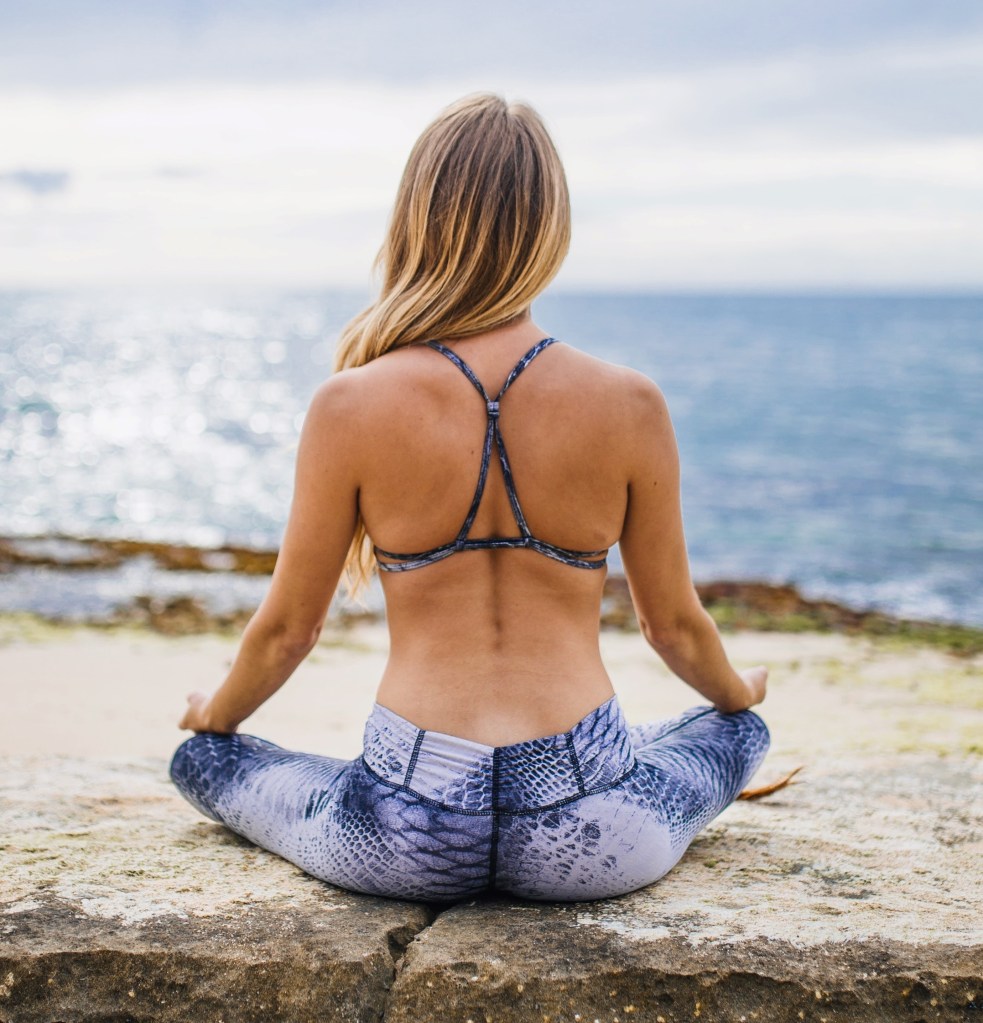Please note: I’ve included links to various items below, none of which I’m compensated for. If I’m writing about them, it’s because I think they’re excellent and worth recommending to others.
In my never-ending quest to bring more peace into my life, and with the extra time I’ve found in COVID-19 lockdown, I’ve been taking advantage of online class on platforms such as edX and Coursera, and have been impressed with the breadth of courses that are available.
Currently, I’m mid-way through a class on Coursera from New York University (NYU) connecting yoga and science, called “Engineering Health: An Introduction to Yoga and Physiology,” and I am thoroughly enjoying it. This class can be audited for free, or $49 gets you access to the quizzes, a certificate once you’re done (that can be posted on LinkedIn) and no time limit on access to the materials.
The course is taught mainly by three individuals: (1) Prof. Alexandra (Ali) Seidenstein, lecturer and research scientist in the Chemical and Biomolecular Engineering Department at NYU, who is also a yoga teacher; (2) Eddie Stern, NYC-area yoga teacher and author, co-founder of the international Yoga and Science Conference and creator (along with Deepak Chopra, Sergey Varichev and musician Moby) of the highly-rated Breathing App for mobile devices; and (3) Prof. Tommy Lee, senior lecturer in the Chemical and Biomolecular Engineering Department at NYU. In addition, there are interviews with other scientists who have studied or made use of yoga in their research. For me, as someone who’s always looking for scientific validation, this combination of yoga and physiology is very gratifying.
First and foremost, the class teaches basic physiology. If you took survey classes in high school and college, the material will be familiar, and it’s presented in a clear manner with lots of visuals. Topics include physiological systems such as nervous, respiratory, cardiovascular, immune, digestive and much more. Additionally, there are discussions of homeostasis, epigenetics, and the effect of stress on human physiology.

But woven in between all of these topics are instructions on breathwork and yoga movements for beginners, and this is what really ties the course together for me. The yoga is expertly taught by Eddie and Ali, both of whom make the experience very positive and not intimidating. With each lesson, they take the time to connect the physiology topics with what is being taught in the yoga class. This is a novel approach that I have found very empowering: there is a direct link between the work being done in the yoga lessons with functioning of the body.
For me, making that connection leads to a sense of self-efficacy and patience with myself, as it is with consistency of practice that we make change. Even more than that is the feeling that I can affect my immunity against disease (and cancer?) by keeping my stress levels in check. I have always felt that stress played a role in the development of my cancer, and although I cannot prove this, knowing that there is good science behind using such relaxation techniques as yoga and meditation in prevention of inflammation and subsequent disease gives me a sense of control in a situation that has often felt completely outside my control.
As mentioned, I am only at the midpoint of this class. I look forward to the second half and will report back about my overall impression once I am finished. In the meantime, if this post has piqued your interest, I highly encourage you to check the class out!

